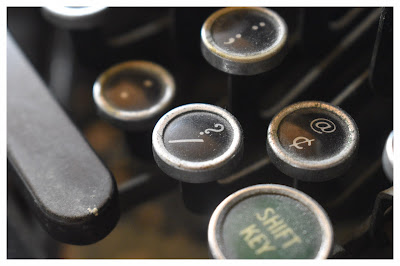If the question is are queries and synopses bane, benefit, or both, my answer is yes. All the things. I have a decidedly love/hate relationship with them.
I've spent months (possibly years, to my dismay) thinking in terms of broad strokes, long arcs, interwoven threads, and the details that build a complete sensory world in a book. It took me way too many words to do so. Now you want me to boil it down into a single page synopsis? This is bane. It's bane because of the cognitive shift that has to happen from writer to marketeer - a shift that apparently comes at emotional cost for a lot of authors, including me.
However, synopses done well are absolutely a benefit. They really do force you to distill the main conflict, emotion, and themes. From that synopses, a query can be born. From that synopses, pithy one liners about the story and the characters can be used as teasers across social media and ads if you're so inclined. If you'd asked me what was good about a synopses a few years ago, I'd have said, 'when they're over'. But somewhere along the way, a critique partner relayed a message from her editor at a large house - learn to love synopses because it's how the big trad houses sell you and your story. Did you think anyone other than your editor read your book? Doesn't happen. The cover art skims the synopsis. Marketing skims the synopsis. If that synopsis is a toss off, it shows. Love that impossible quest to write a synopsis. It's what gets you where you want to go.
I'm aware of a couple of schools of thought on synopses. One is that synopses are nothing more than a point by point logical flow through the plot. The second says that synopses are a story in and of themselves that should reflect the voice and feel of the book. My synopses tend to fall into that second category. I want the feeling in the synopsis. I want all that character angst sitting on some marketing person's chest, staring into their eyes. That means I select for melodrama when I undertake a synopsis.
Don't think there aren't several false starts, hair tearing, and wails of 'why is this so hard'? I usually end up with a couple of half done versions full of stilted phrases around what happens in the book. Then I get mad, say 'melodrama, stupid' and go for a paragraph describing the heroine and her goal, one for the hero and his goal, and then the rest is how those goals collide and how everyone's gonna die if the two of them can't get it together. It's not a patented formula or anything, but it does seem to work well.
I also only speak in terms of the synopsis because for me, the query is the teaser for the synopsis and is derived from it. Some authors start with a tagline and then build longer and longer focused content until they hit synopsis length. I go the other direction. Long form that boils down farther and farther until I have a single tagline. But by the time I'm done, I have a query, a synopsis, and a back cover blurb all ready to go in a media kit that I can pull from easily.
But ye gods, I still dislike having to stare at a blank page and a flashing cursor after having written 'The End' on something else.


